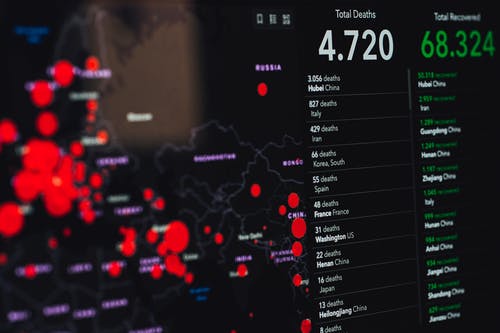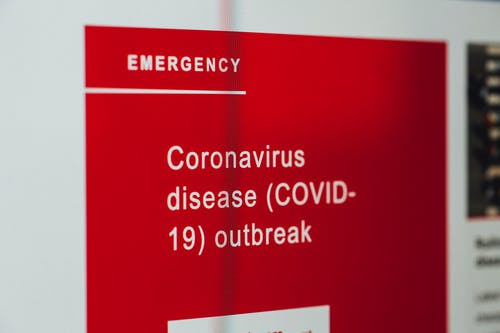WHO doubles its team of scientists to attempt, again, to figure out how the coronavirus originated.
The World Health Organization (WHO) has organized a new panel of 26 scientists in order to revisit a probe into the origins of the global pandemic that is thought to have originated in Wuhan, China. The team includes scientists from the U.S., China, India, Nigeria, and Cambodia, in fields such as virology, epidemiology, animal health, and laboratory biosafety, among others. The new group is more than twice the size of the 10-member team that WHO sent to Wuhan in December 2019.
The new team includes six members of the international and Chinese teams that produced a report earlier this year on the potential origins of the coronavirus. They speculated the virus was likely spread from a bat to humans. Biosafety specialist, Kathrin Summermatter, part of the group, said she didn’t think a lab accident was behind in since these tend to affect a small number of staff. Her perspective was supported by others on the team, who also don’t believe the virus was meant to be a bioweapon.

WHO is transparent about its anticipation of facing similar obstacles as it did when it first put together a team, including restricted access to pertinent information about possible early cases. The scientists have also said that they were running out of time to analyze blood sample and examine other potential data. Beijing, for instance, has heightened security concerning what types of research scientists are able to conduct, which has made it more difficult for WHO to conduct the studies needed.
“This is our best chance, and it may be our last chance to understand the origins of this virus, at least in a collective and cooperative way,” Mike Ryan, executive director of the WHO’s health emergencies program, said. “We are at a very important moment.”
Liu Pengyu, a spokesperson for China’s U.S. Embassy, added, “The conclusions and recommendations of the China-WHO joint study report have been recognized by the international community and the scientific community, and must be respected and implemented. Future global origins study should and can only be carried out on this basis.”
WHO will focus specifically on tracing the virus back to the earliest known cases to pinpoint when and where they occurred. Understanding the origins may help scientists have a better grasp on how to prevent such widespread chaos moving forward via proactive prevention and strategic planning.
Dr. Tedros, Dr. Ryan and Dr. Maria van Kerkhove, head of emerging diseases and zoonoses in the WHO’s health-emergencies program, published an editorial in the journal Science this month, writing openly that the investigation has, thus far, been hampered by politics. Tedros and co-authors of the piece also called for a “deeper look into whether a lab accident in Wuhan could have caused the pandemic.” The authors wrote, “A lab accident cannot be ruled out until there is sufficient evidence to do so and those results are openly shared. The scientific processes have been hurt by politicization, which is why the global scientific community must redouble efforts to drive the scientific process forward.”
Sources:
WHO Creates New Team to Study Covid-19 Origins
The W.H.O. names an advisory group to study the origins of the pandemic


Join the conversation!